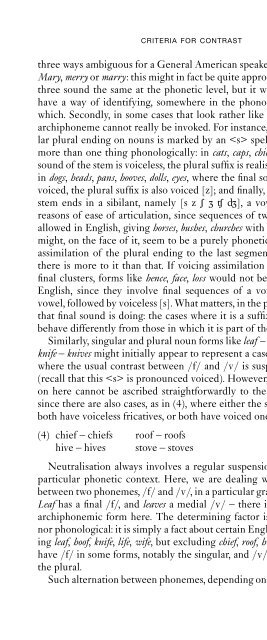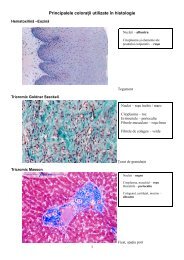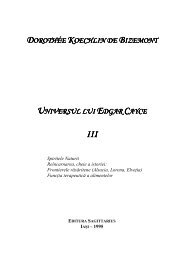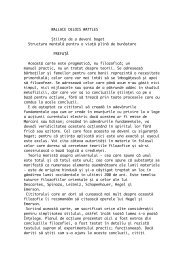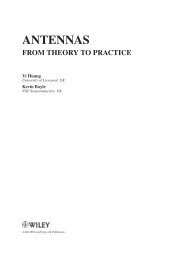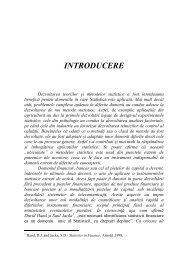April McMahon
April McMahon
April McMahon
- No tags were found...
You also want an ePaper? Increase the reach of your titles
YUMPU automatically turns print PDFs into web optimized ePapers that Google loves.
THE WORD AND ABOVE 131and phonetically motivated centuries ago, are still part of nativespeakers’ active knowledge of English, and still involve those speakers inactual processes of adding suffixes and shortening vowels; or whetherchildren must learn that words like keep and divine have related, butdifferent forms which are stored separately and produced on appropriatesyntactic occasions. Since phonology, like all other areas of language,is consistently undergoing change and development, with new processesconstantly arising and different accents diverging, our only definite conclusioncan be that today’s connected-speech processes will presenttomorrow’s phonologists with exactly the same problem.Exercises1. Look back at the English stress rules presented in (2). Consider theadjectives lovely, beautiful, surreal, high-pitched, scarlet, noisy, sensible. On thebasis of these forms, do you think adjectives typically follow the NounRule or the Verb Rule? Is there a single, general pattern for adjectivesat all?2. Draw metrical S W trees for the following words:person, personal, personality, elephant, peninsula, disentanglementIn each case, make sure that the syllable which carries main stress isdominated by S all the way up the tree.3. Find examples of English words which consist of the following footstructures:one iambone trocheeone dactylone iamb followed by one trocheeone dactyl followed by one trochee4. Find some examples of poems which contain mainly iambic, trochaicand dactylic feet. Make a metrical analysis of several lines from each,using diacritics like cát over a stressed syllable, and ŏf over an unstressedone, to show what the foot structure is.5. Transcribe the following utterances in citation form and as appropriatefor faster, more casual speech. In each case, say what connectedspeech processes you might expect to find in the second rendition:I expect he has gone to meet herHelen had a banana and a bread cake


